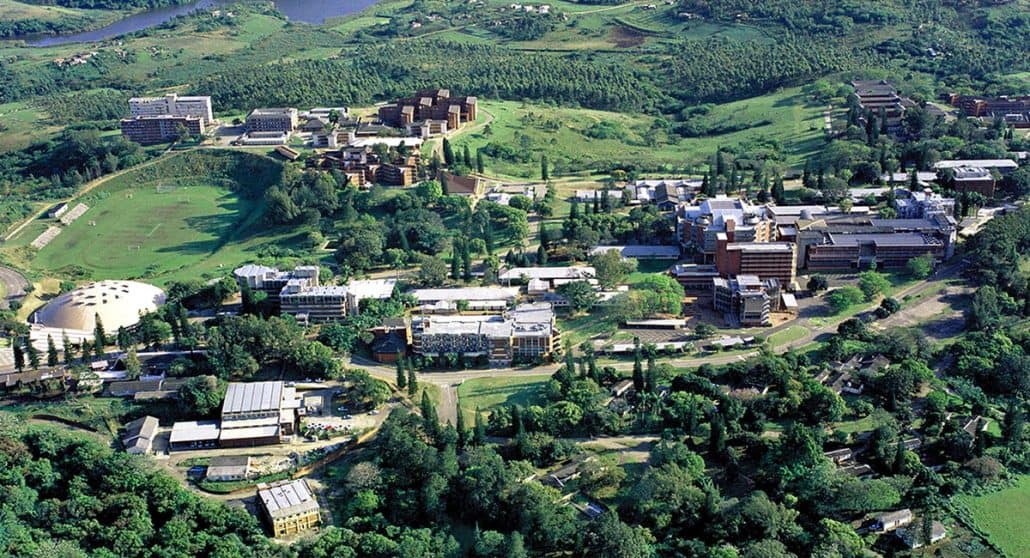By Kwazi Dlamini
A recent report by an independent assessor into the affairs of the University of South Africa (Unisa) has recommended that the institution be placed under administration, and senior management and council of the institution be relieved of their duties. Investigator Professor Themba Mosia found deep signs of instability, mismanagement, financial irregularities, amongst other issues, in his probe of the university, commissioned by Higher Education Minister Blade Nzimande.
Some of the findings are against vice-chancellor Puleng LenkaBula, accused by Mosia of living lavishly off the university’s funds. Nzimande commissioned the investigation in September last year, after several allegations of impropriety surfaced against LenkaBula.
Widespread problem
The corruption at public universities appears to be more widespread and not limited to Unisa, if revelations by former vice chancellor of the University of the Free State and author, Professor Jonathan Jansen in a recent book, are anything to go by. The irregularities allegedly involve high profile people, including well-placed politicians in some instances, who enjoy some influence in procurement decisions within institutions.
Like many government institutions, universities have been infiltrated by politicians who have little interest in the advancement of higher education, but are more concerned with using their powers to siphon money out of these institutions.
In his book titled Corrupted: A study of chronic dysfunction in South African universities, Jansen breaks down how universities have become so politicised, that they are vulnerable to corruption. Political party leaders, he argues, use their counterparts in universities – students who represent their parties through the Student Representative Council (SRC) – to advance corrupt agendas and usurp decisions made by councils overseeing the institutions. SRC members tend to infiltrate discussions around tenders and others related to sub-committees of university councils, enjoying a certain amount of influence.
“When you have students that represent party political structures on campus, they get seen as the fodder by the political party on the outside to gain influence on the awarding of tenders at the institutions, student participating in a democratic process is good but it can get scary when they are used for this particular practice,” said Jansen, speaking at a Daily Maverick webinar on the topic.
He further explained that they use the same modus operandi used in other government institutions like municipalities – the student leadership leaks material information to potential bidders or contractors, in return for which they are rewarded with a certain percentage of the tender value. Their influence is so big that they are able to threaten management to circumvent governance policies. In some cases, the student leaders use their ability to instigate protests as their trump card, says Jansen.
Violent repercussions
The professor also raises concerns about how threats against university management have escalated into violence and more recently death, for those who are seen to be rooting out corruption. A well-publicised example of this is the violence meted out against the vice chancellor of the historical University of Fort Hare, Professor Sakhela Buhlungu.
He has survived two attempts on his life in the past year alone, the first one happening in 2022 when several gunshots were fired at his home and the homes of other senior officials of the university. None of the targeted officials were injured in that incident, however, two months later the university’s fleet and transport manager was gunned down in a suspected hit.
The violence against university officials escalated, and Buhlungu survived his second attempted assassination in January this year when his car was shot at. On this instance, it was his bodyguard who was killed in the botched hit.
The allegations of corruption and collusion at Fort Hare that have surfaced since Buhlungu took over the reins relate to procurement irregularities in the institution’s cleaning and gardening services; the leasing of student accommodation; and the appointment of services providers for maintenance and repair of air-conditioning systems, among others. A Special Investigating Unit investigation into the institution’s affairs has also expanded the probe to look into the awarding post-graduate degrees and their legitimacy, as well as the mismanagement of funds at the university.
In his book, Jansen reveals that corruption is deeply entrenched in universities, not just Fort Hare. Most, if not all, of the country’s higher education institutions are being used as cash cows which people milk for their personal benefit.
In another development, Mangosuthu University of Technology was placed under administration by Nzimande in 2022 after allegations of governance irregularities and mismanagement of resources surfaced. The university’s council was also found to have failed to implement an investigation which he had authorised. There have also been allegations of corruption at the University of Zululand and the University of Mpumalanga.
Mathaphelo Siwisa, an EFF member of parliament recently questioned the parliamentary committee on higher education and innovation about an alleged housing scam at the University of KwaZulu-Natal. Siwisa claimed that the irregularity, reported to be at a cost of about R80-million, pertains to a student accommodation tender and involves university officials and former members of the university’s SRC.
In response to the query, department officials who appeared before the committee said their department supports all the ongoing investigations into corruption and would submit a report once they have been completed. They also called for more whistle-blowers to come forward and expose corruption at universities. Members of the committee raised concerns about governance issues at universities around the country, and how these take attention away from matters that they should be exploring to improve higher education.
Jansen recommends that universities lessen the number of government-appointed members in their councils to support the independence of these bodies. He concedes that even though this might not completely solve the problem, it would help dilute the powers that individuals have in decision making in key bodies.

